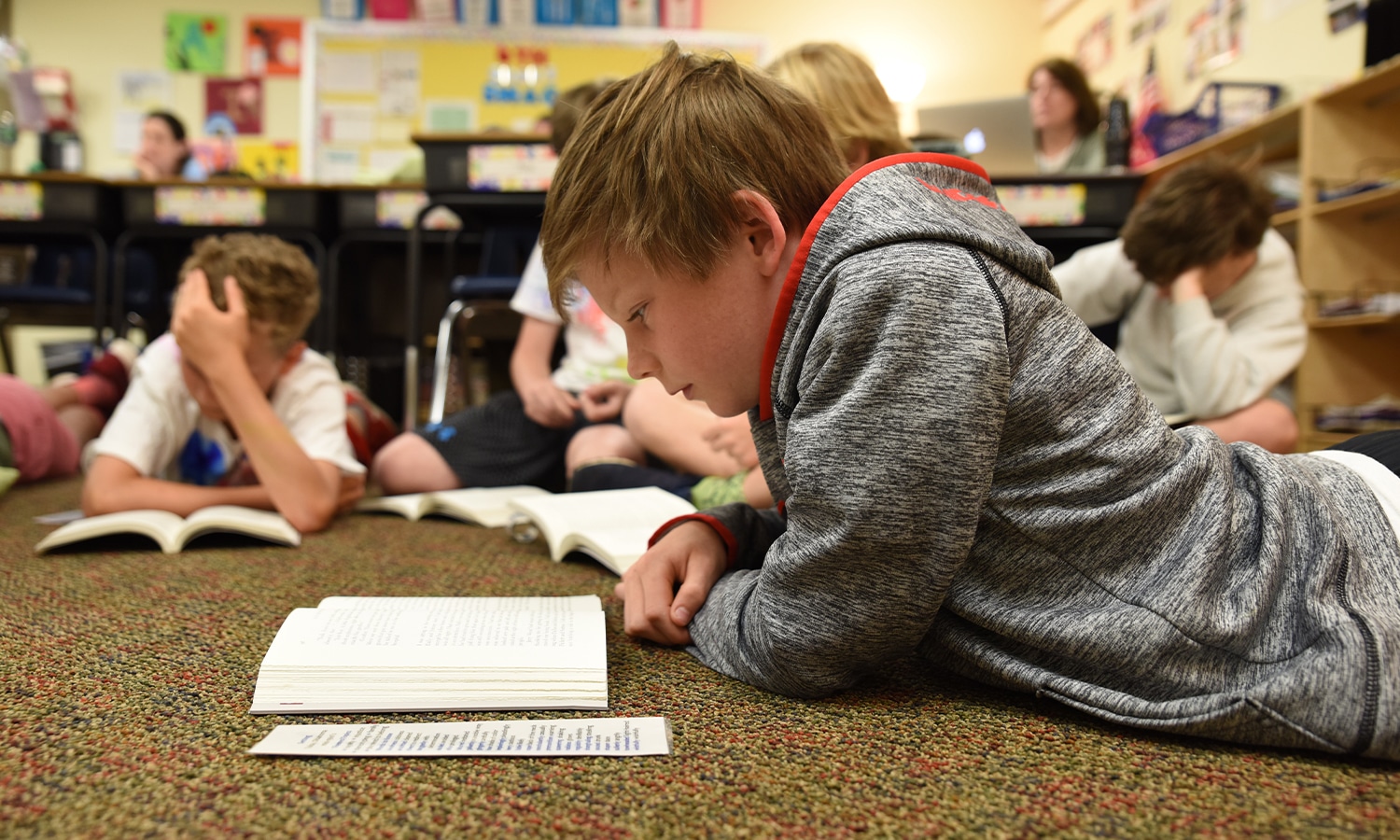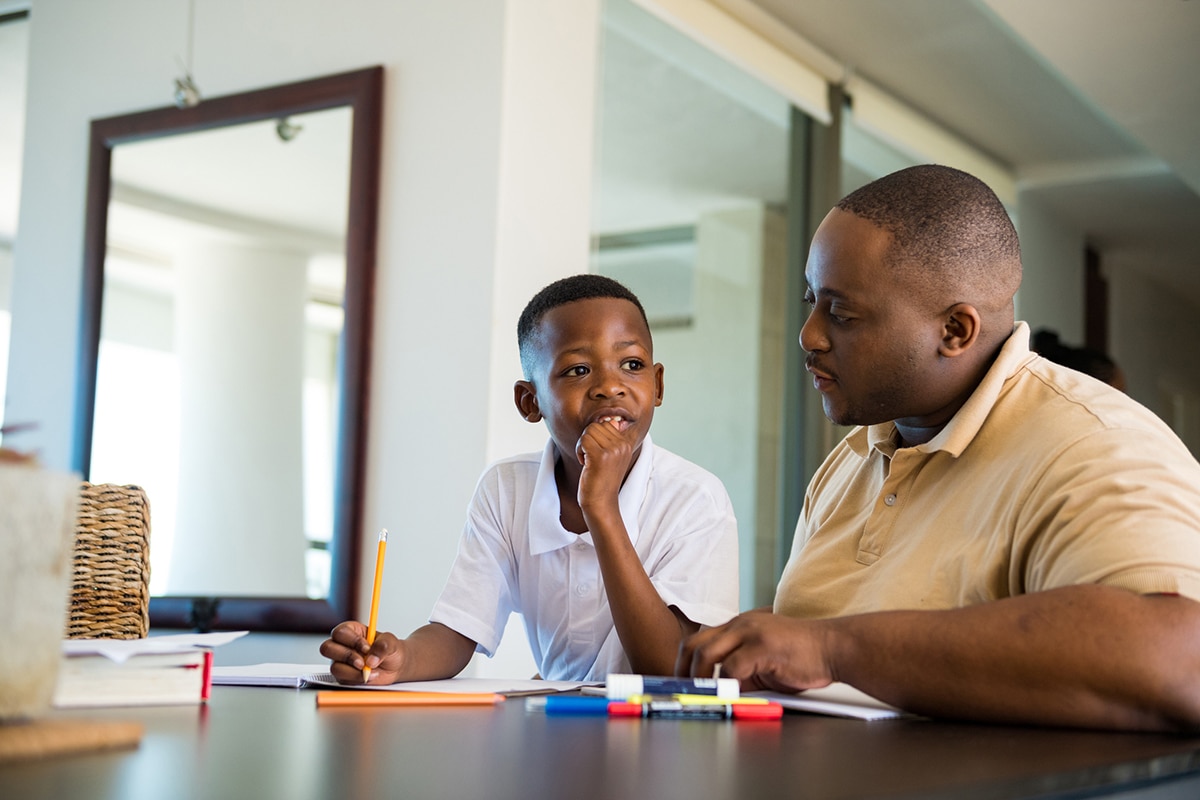To ensure students with learning differences get the precise help they need, parents and teachers must understand what accommodations or interventions are available. Two options that include common classroom accommodations used for students with learning differences are the individualized education plan and the 504 plan. While these educational plans can be helpful for certain students, they cannot be used interchangeably. Read below to learn more about the differences between an IEP and a 504 plan with help from ReadSource.
All posts tagged: Dyslexia Diagnosis
Tips to Help Parents and Teachers Identify Dyslexia
Parents and teachers are always looking out for the best interest of their students. And with the prevalence of dyslexia and other reading struggles, parents and teachers play a significant role in recognizing some of the early signs of dyslexia. Ideally, prerequisite reading skills are taught during preschool and any irregularity in these skills can be addressed. However, when students enter elementary school, language or reading deficiencies that may have gone unnoticed in preschool become more recognizable if adults know what to look for. Whether in the classroom or at home, teachers and parents who are able to identify signs of dyslexia ensure these children get the interventions they need to read successfully. Read below to learn about tips that help parents and teachers identify dyslexia.
Frequently Asked Questions About Dyslexia
A dyslexia diagnosis may result in an exhaustive list of questions concerning how dyslexia works, what it means, and what the future will look like for someone with dyslexia. Additionally, for those who have been learning with a dyslexia diagnosis for years, some new concerns may still arise from time to time. Dyslexia is complex, and as new research is published, we all continue to learn new things about this condition. ReadSource is proud to provide answers to some of the most frequently asked questions about dyslexia. Read below to find some answers or contact us if your question is not answered here!
Talking with Your Child About Dyslexia
Regardless of when parents receive a dyslexia diagnosis for their child, this news can bring up a lot of emotions. Many parents want to be supportive and encouraging of their child, but they may also be experiencing a range of feelings as they process this news themselves. Although it can feel challenging and confusing at first, having conversations about dyslexia is one of the best things parents can do with their children. Talking about dyslexia helps promote understanding for both parents and kids, and a simple discussion can go a long way in the development of a dyslexic child. Read below to learn more about how to start and continue conversations about dyslexia with your child.
After a Dyslexia Diagnosis: What Comes Next?
There’s no right or wrong way to feel after receiving a dyslexia diagnosis for your child. The key is to remain patient with yourself and your child as you figure out what to do next. While knowing which steps to take after getting a dyslexia diagnosis can be confusing, the ReadSource is here to walk you through it. Read below to learn more about some helpful tips for what you should do after a dyslexia diagnosis.











